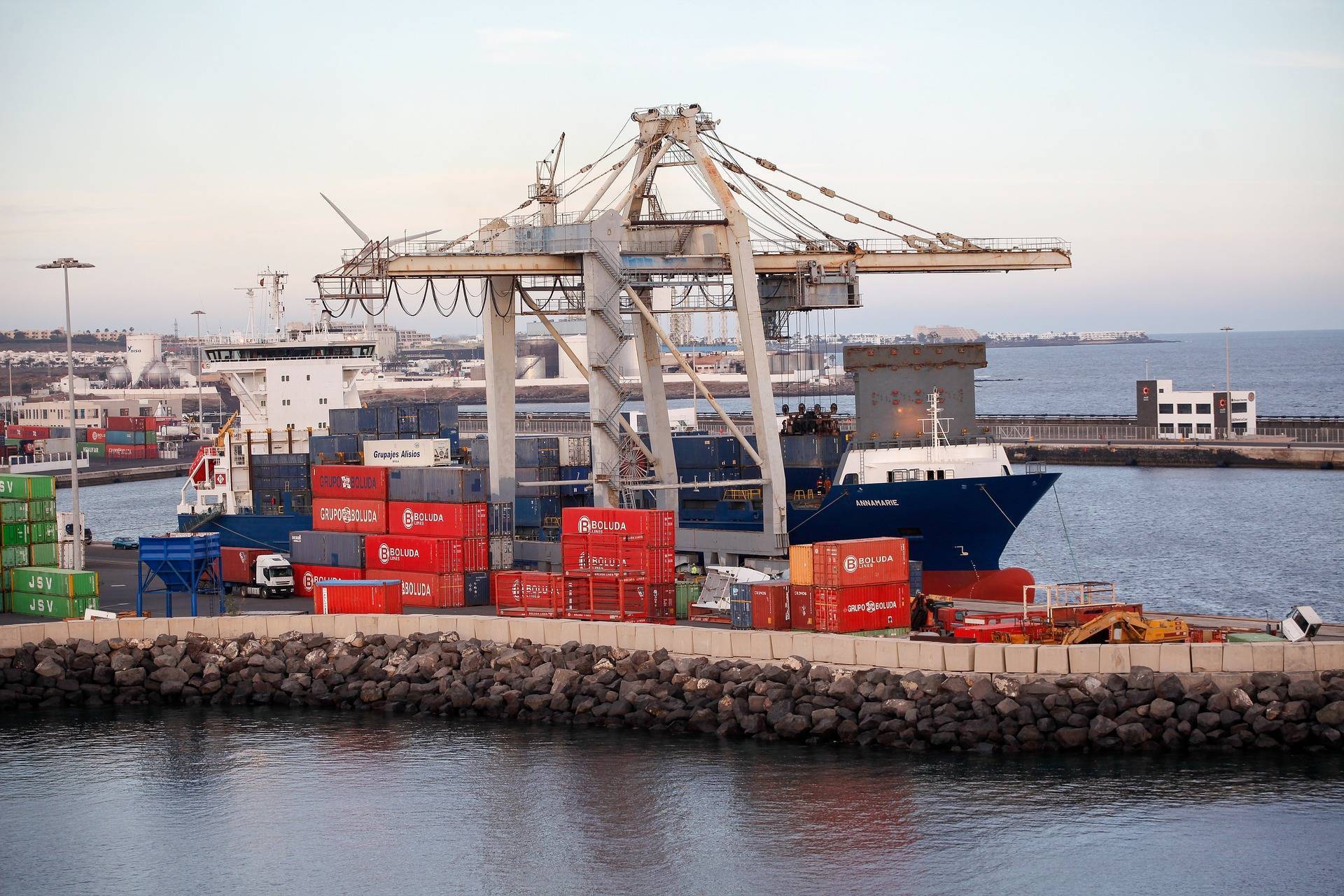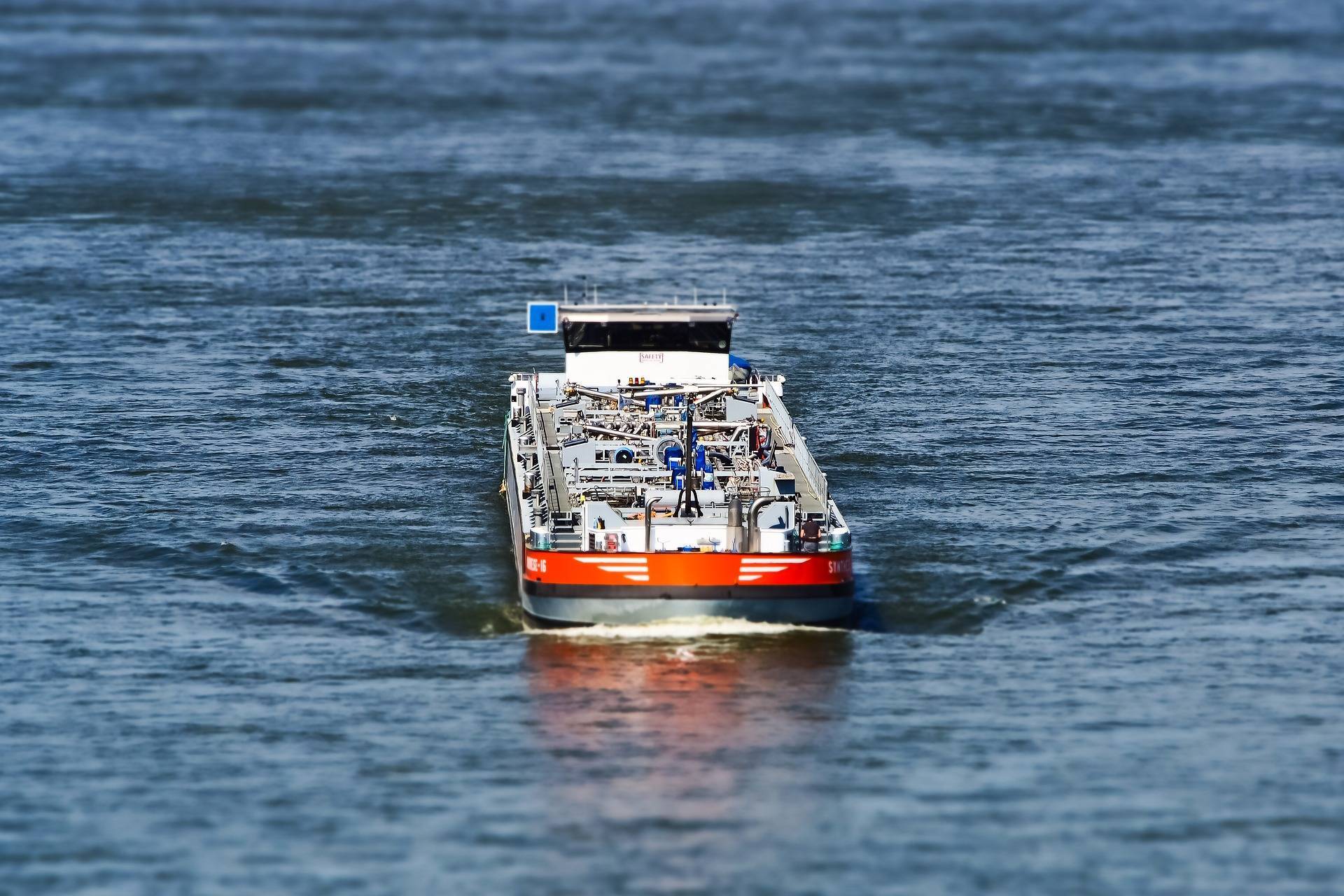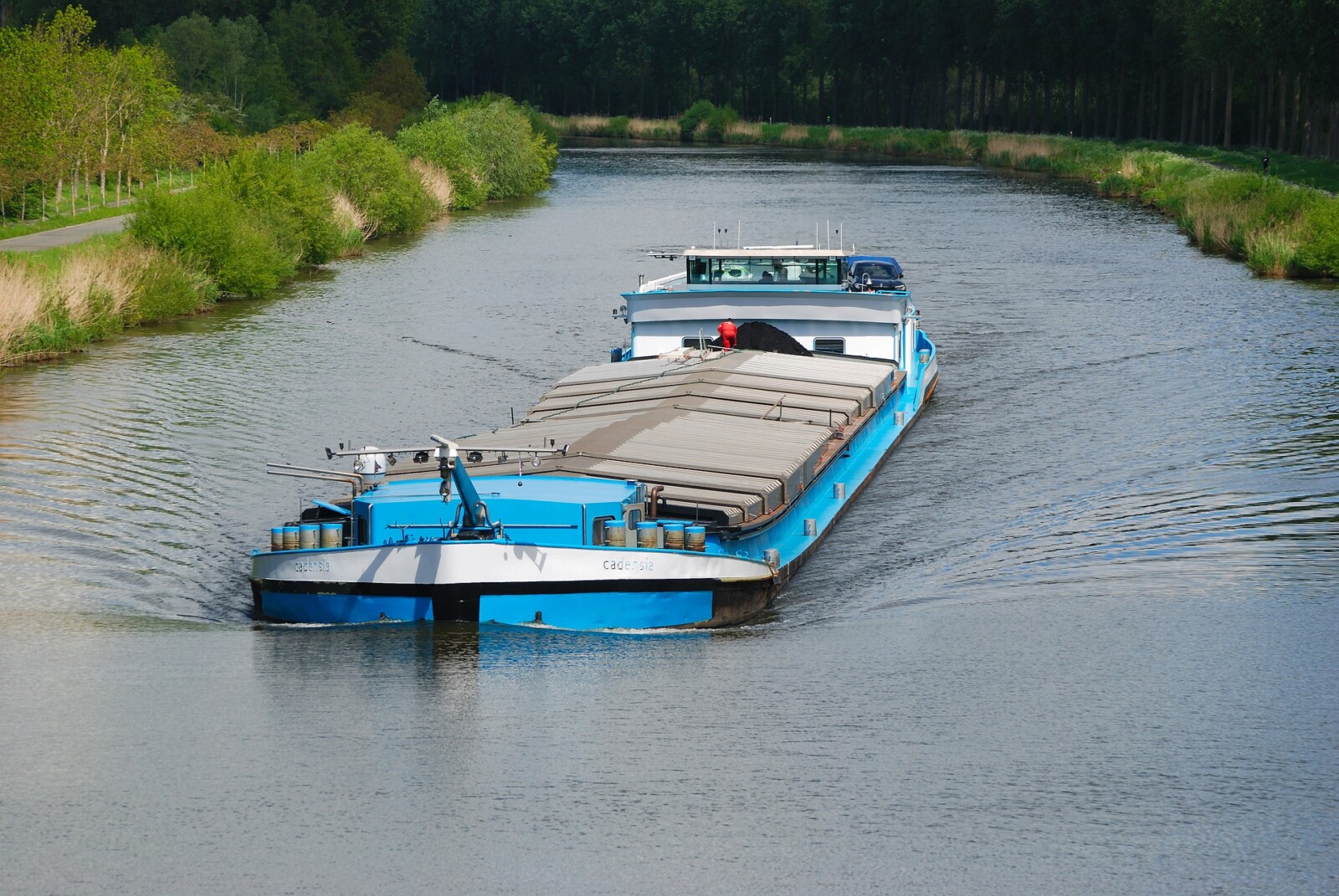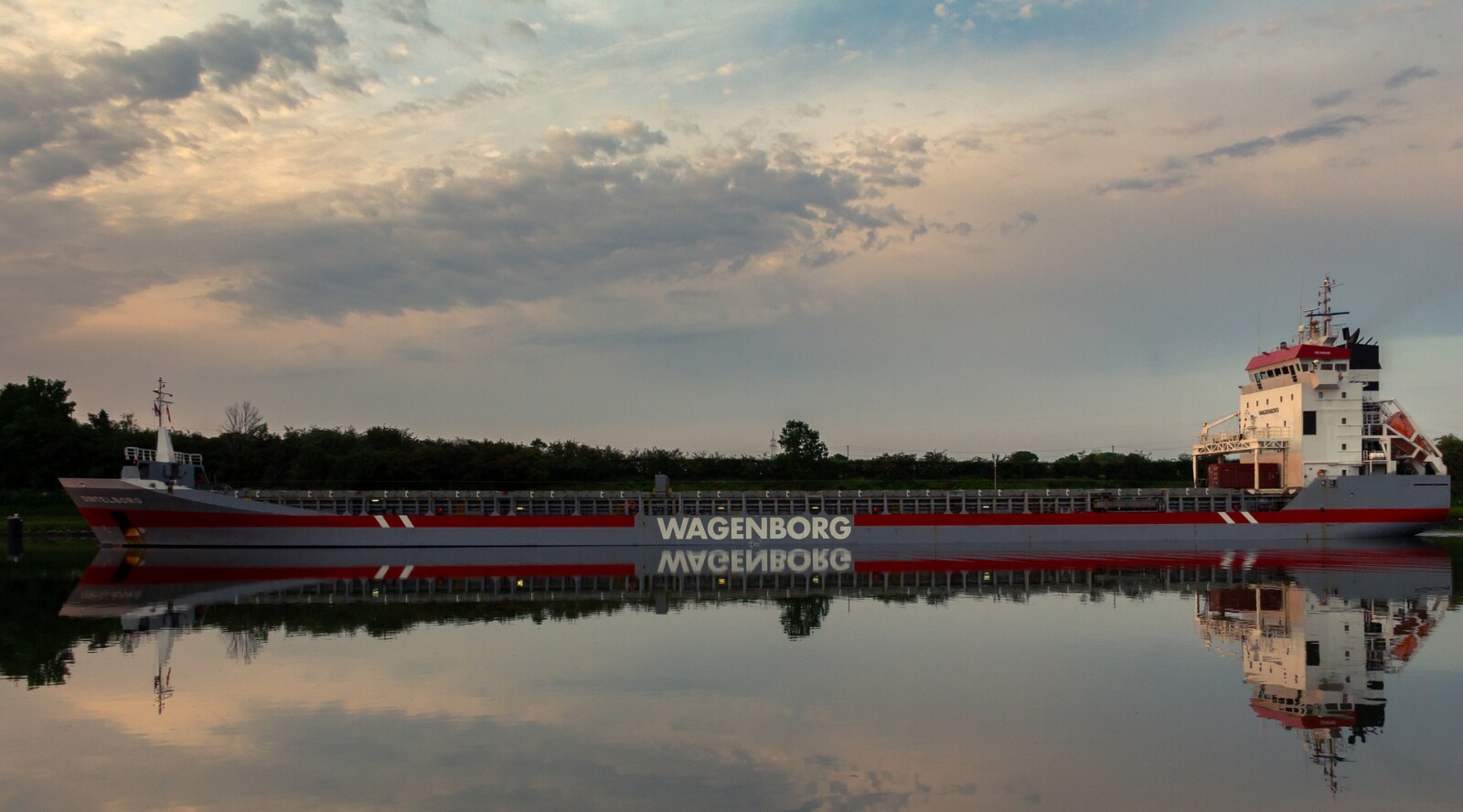Second generation intact stability criteria
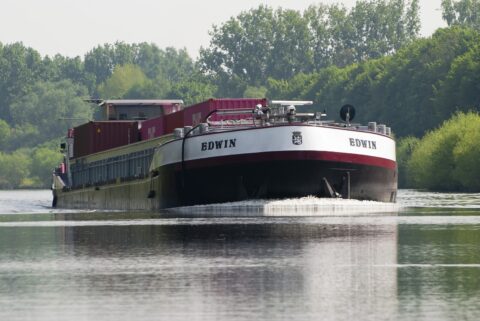 Automatic translation
Automatic translation
Stability criteria
In February 2020, IMO approved Interim Instructions on Second Generation Intact Stability Criteria.
For a vessel to be considered seaworthy and safe, it must be designed to remain afloat in all conditions, unharmed or damaged. Mandatory criteria and recommended provisions for intact stability are set out by the IMO in the 2008 Intact Stability (IS) Code, which is mandatory under the SOLAS Convention and the 1988 Load Lines Protocol.
The Subcommittee approved a comprehensive set of interim guidance on the stability criteria for the intact second generation hull, which includes guidelines on vulnerability criteria, direct failure assessment of resilience and operational measures. The aim is to ensure a uniform international level of safety in relation to the modes of destruction of dynamic stability on waves when working at sea.
The second generation intact stability criteria include an assessment of the intact stability in waves using methods that address five types of stability failures: net stability loss, parametric roll, wobble / broach, dead-ship condition and excessive acceleration.
Complex numerical modeling
This development was made possible by advanced computer technologies such as integrated numerical modeling and computational fluid dynamics (CFD), technologies that allowed designers to better assess the stability of ships on waves.
Work on the development of criteria for the sustainability of the second generation of intact has been under way for two decades. The final set of interim guidelines will now be reviewed by the Maritime Safety Committee (MSC 102) for approval so that they can be disseminated and tested in practice when working at sea.
The session also continued to develop relevant explanatory notes providing further guidance on the application of the interim guidelines on the stability criteria for an intact second generation vessel. As a result, the Subcommittee finalized a new draft of the International Code for the Safety of Industrial Ships (IP Code) and a related draft of a new SOLAS Chapter XV for all types of cargo ships except high-speed ones. The draft Code and amendments to SOLAS will be considered intersessionally by the correspondence group for completion at SDC 8 in January 2021.
The IP code was developed to complement existing IMO tools to meet the shipping requirements of the maritime and energy sectors, which recruit and relocate industrial personnel to ships for offshore operations: construction, maintenance, decommissioning, operation or maintenance of offshore facilities.
The Code, in addition to the requirements for cargo ships contained in the SOLAS regulations, provides an international safety standard for ships carrying industrial personnel and will facilitate the safe transport and movement of such personnel by eliminating the additional risks associated with such operations.
The draft Intellectual Property Code and the corresponding amendments to SOLAS were submitted to MSC 102 for agreement in principle with the aim of being adopted by the expected entry into force on 1 January 2024 as binding international instruments to ensure the safe transport of industrial personnel.
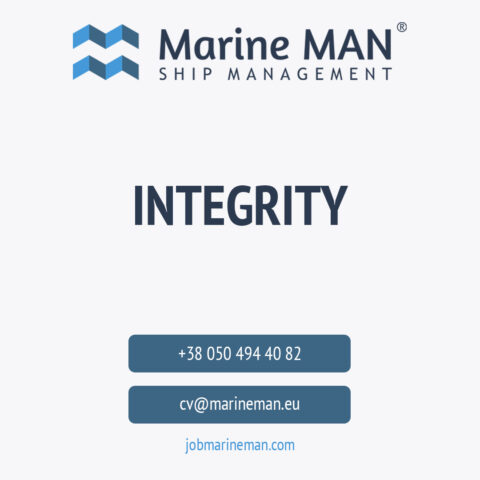 Set of security measures
Set of security measures
The Subcommittee has developed two sets of safety measures for specific types of ships operating in polar waters and not subject to SOLAS: one for fishing vessels of 24 m or more in length, and the other for pleasure yachts of more than 300 gross tonnage not operating in trade. There is currently no internationally binding instrument regulating the safety of ships not covered by the SOLAS Convention. The guidelines have been developed to improve the safety of fishing boats and pleasure yachts operating in polar waters and of people on board; and to mitigate impacts on people and the environment in vulnerable waters around the poles.
For fishing vessels, specific safety instructions will be added to the regulations closely related to the 2012 Cape Town Agreement, an internationally binding instrument aimed at promoting better control of the safety of fishing vessels by flag, port and coastal states. IMO has consistently urged its member states to ratify the Agreement, which does not yet meet the conditions for entry into force.
